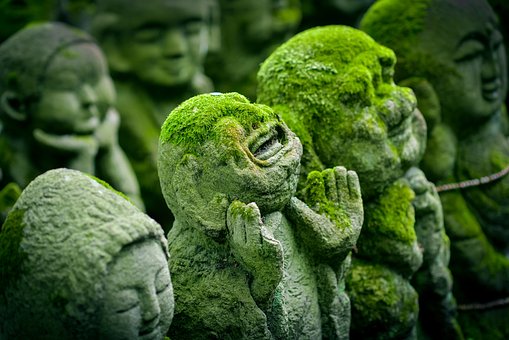GUADALAJARA.- An x-ray of Russian spirituality, a journey through more than a thousand years of the Churches present in “all the Russias” and the challenges they have faced. It is what the geographer and historian delivers Jean meyer (1942) in Religious history of Russia and its empires (Siglo XXI), his most recent book.
Russia has grown as an empire since the 16th century, beginning in Moscow. First it was the great Muscovy, then the empire of the tsars, then the Soviet Union, which we can consider an empire because it was multinational, multiethnic and multilingual. And one of the essential factors of the empire, with the exception of the Soviet one, was religious faith, orthodoxy, ”he comments in an interview with excelsior.
The teacher for the Sorbonne University explains that in Spanish there is no book equivalent. “That’s why I felt it was necessary. It is a subject that I have been perceiving for many years, that of religion
and society”.
He says that years ago he wrote The great controversy between the Catholic and Orthodox Churches, “to understand why these two Christian churches, which absolutely share the same dogmas, the Trinity, the Virgin, the divinity of Jesus Christ, and the sacraments, have been separated for a thousand years and why reunion has been impossible. This led me to the present investigation.”
The French naturalized Mexican in 1979, a specialist in the Cristero war, which took place between 1926 and 1929, assures that “the religious experience of Eastern Christianity has shaped Russian identity; and also that of the Ukraine and Moldova, which today are independent nations, but which belong to the East Slavic world and have an Orthodox majority.
The book begins in the 9th century, but ends in December 1991, when the Soviet Union falls. I was going to need about 200 more pages to count the last 30 years. I better cut and write a second volume to tell what happened to religion after the separation of the USSR and after the war against Ukraine, which has a religious dimension, ”he adds.
Regarding the uniqueness of Russian spirituality, he points out that “in the imperial Russian world we find all the positive and negative possibilities of Christianity cubed. The best and the worst of Christianity we have in the Catholic Church; but, in the case of the Russians, it is excessive in everything, for better or for worse. We have the most beautiful effects of spirituality, the art of Orthodox icons, but also absolute intolerance”.
Who completed postgraduate studies and a State doctorate at the University of Paris, dedicates “a great chapter” to what happened to religion during Soviet communism.
The Bolshevik power, which later became institutionalized in Soviet power, declared war on it from the first day of 1918 until 1987, when perestroika began.
All Soviet governments, changing tactics, have had the same goal of eradicating religion, all religions, the Orthodox being the largest, but also Protestant minorities, Jews and Muslims”, he details.
Highlights the destruction of synagogues, mosques and temples. “The Orthodox Church has suffered a martyrdom without comparison. Between 1918 and 1939 it had 200,000 martyrs, of whom 50,000 were priests and lay monks, and 220 bishops died in the gulag. This marked Russia, ”he notes.
The author of The Cristiada, A pioneering study that was published 50 years ago, for which Siglo XXI has just released a commemorative edition in three volumes, he is convinced that “religion, which in the past has marked the Russian people and the Orthodox nations, today is again a very important factor in daily and political life.”
He adds that “in Ukraine there were several Orthodox churches that, quite possibly, are going to unite, because they are going to cut with Moscow. Since, although they recognize the authority of the Patriarch of Moscow, when Vladimir Putin’s military aggression receives the blessing of the Patriarch, who says that the Russian soldiers who are going to die in this war will go to heaven, because it is a holy war against the bad, they no longer liked the situation”.
This will be dealt with by Jean Meyer in a second volume.
*In the following link you will find the latest news
*mcam
An X-ray of Russian spirituality is what Meyer delivers in a new book

